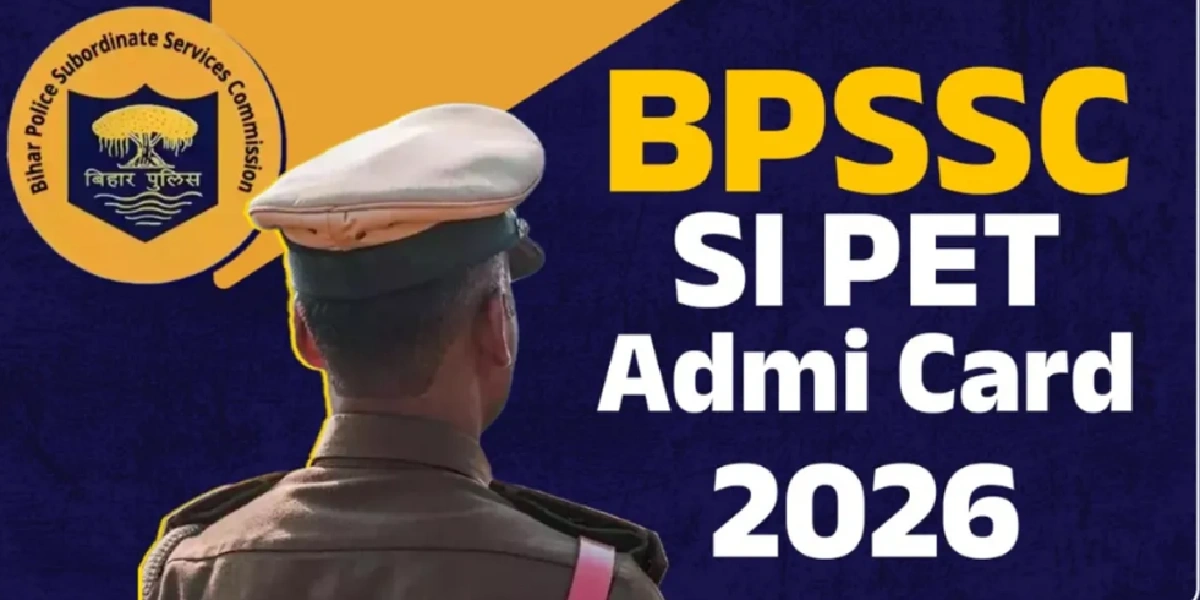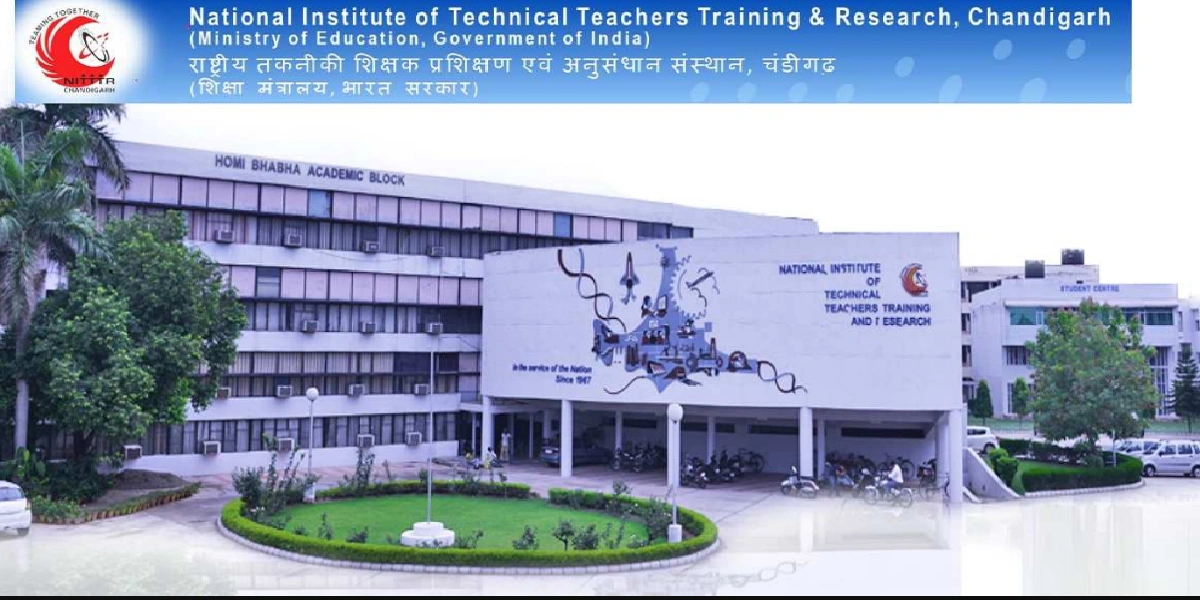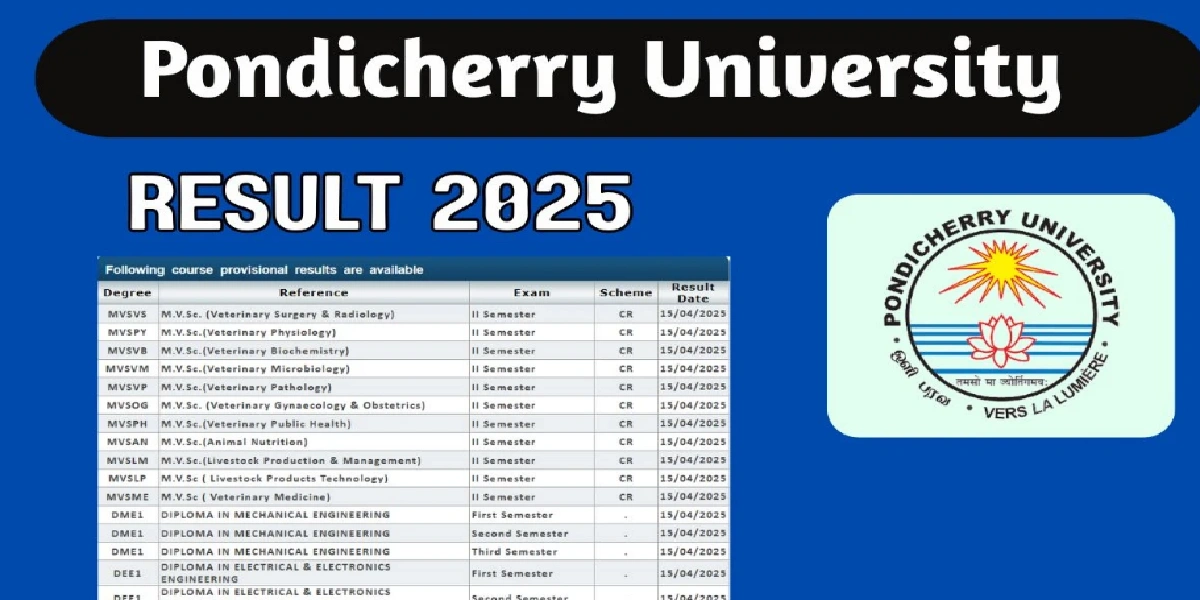In a recent development that’s caught the attention of many, the Bombay High Court declined to grant relief to Shiv Sena MLA Kiran Samant, who filed a Public Interest Litigation (PIL) expressing concern over the alleged misuse of social media by influencers, comedians, and content creators. The PIL was specifically aimed at stand-up comedian Kunal Kamra, whose controversial remarks against Maharashtra’s Deputy Chief Minister, Eknath Shinde, had stirred up a storm.
What the Court Said: A Closer Look at the Ruling

The Bombay High Court, however, was not convinced by Samant’s request for relief. Chief Justice Alok Aradhe and Justice MS Karnik, who were hearing the case, pointed out that the relief Samant sought was too broad and general. The bench also emphasised that Samant had not explored the available legal remedies under the Information Technology Act, 2000, and the 2009 Blocking Rules, which provide a clear process for individuals to lodge complaints for blocking content they find objectionable. These laws already offer an “efficacious remedy,” the court noted, and Samant had not utilised these procedures before seeking intervention from the judiciary.
The bench further observed that the relief Samant was asking for, such as setting up a censorship and vigilance committee to monitor social media, was more of a policy matter that could not be directed by the judiciary. The Bombay High Court made it clear that such decisions lie within the domain of lawmakers and government bodies, not the courts. Interestingly, the court also remarked that what Samant saw as a misuse of social media might be viewed by others as an exercise of free speech, and he could not define it unilaterally.
The Role of Lawmakers: A Call for Action
While the Bombay High Court ruling may have disappointed some, it is essential to remember that Samant, being a lawmaker himself, has other avenues to explore. The court suggested that he take appropriate action within his legislative capacity if he believes there are gaps in the existing legal framework. This ruling, while not in his favour, serves as a reminder that legislators are in a position to address concerns and work towards policy reforms when they believe such issues need attention.
The Bombay High Court decision underlines the delicate balance between free speech and responsible use of social media. In today’s digital age, where the boundaries between expression and misinformation are often blurred, it’s crucial to have a legal framework that protects both individual rights and public interest. However, as this case highlights, it’s also important to recognise the limits of judicial intervention and the role that lawmakers and government authorities play in managing such issues.

Disclaimer: The views and opinions expressed in this article are based on the information available at the time of writing. The article does not aim to influence any legal decisions or procedures.
Also FRead:
Supreme Court Says No Trial for Expired Lawsuits
Delayed But Not Denied: Supreme Court Revives Claims Under Limitation Law
Uniform Civil Code is Not Just Law, It’s Humanity, Says Karnataka HC






